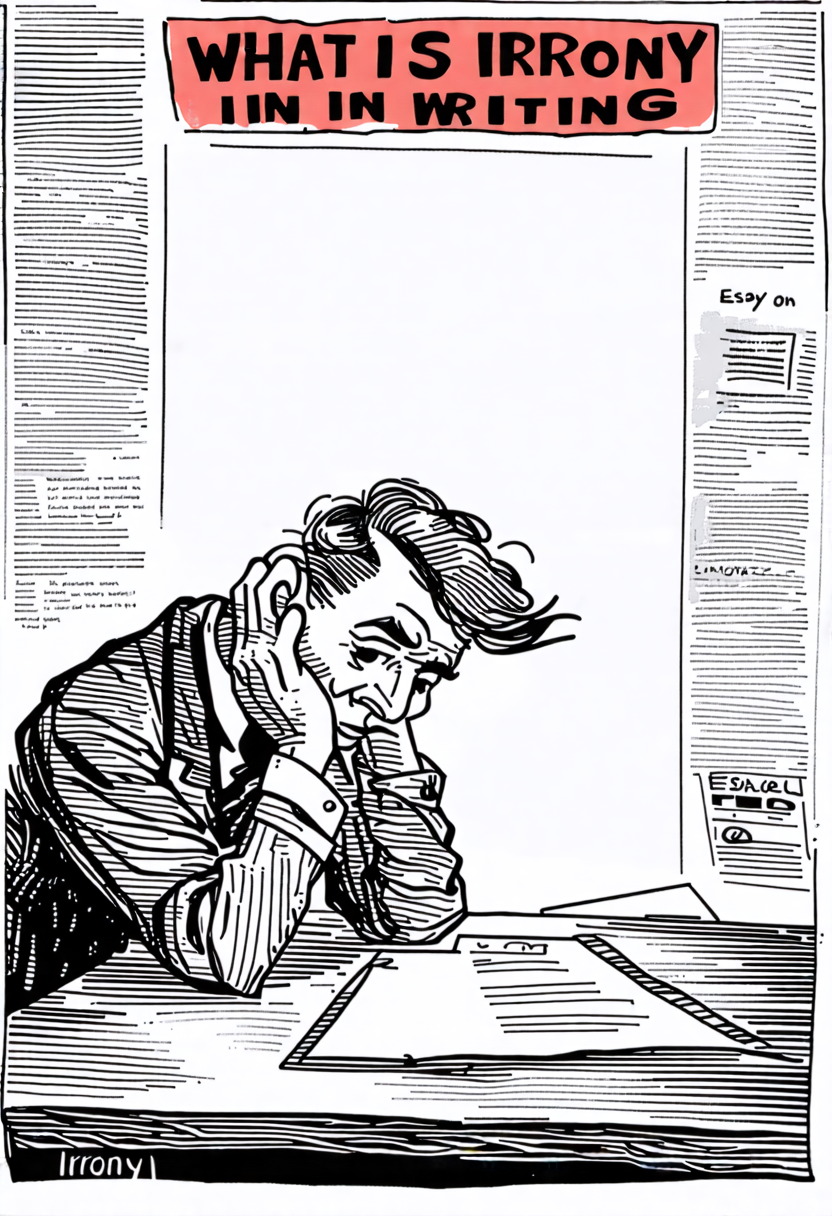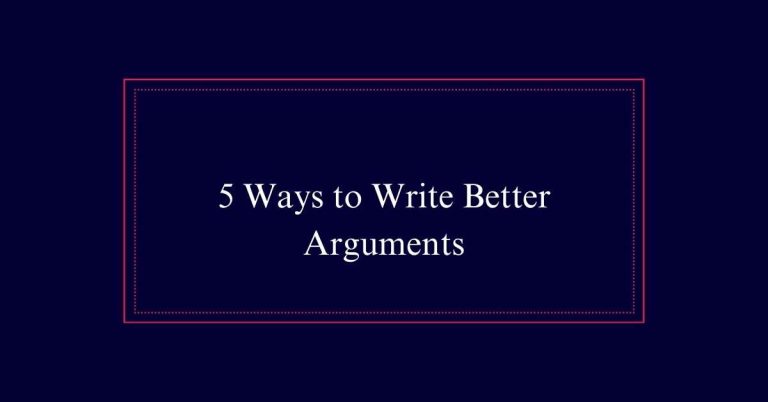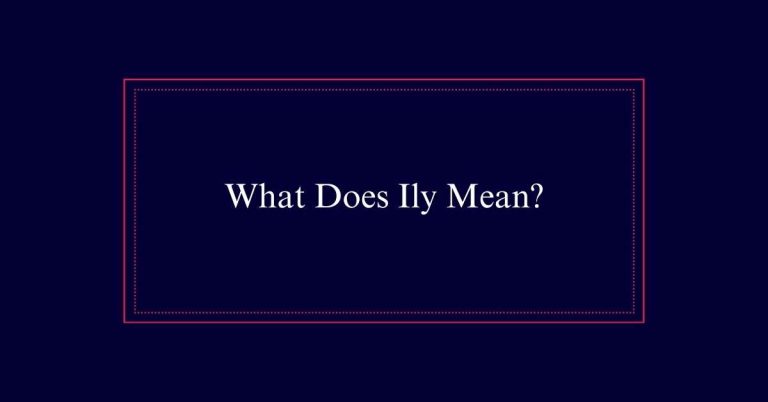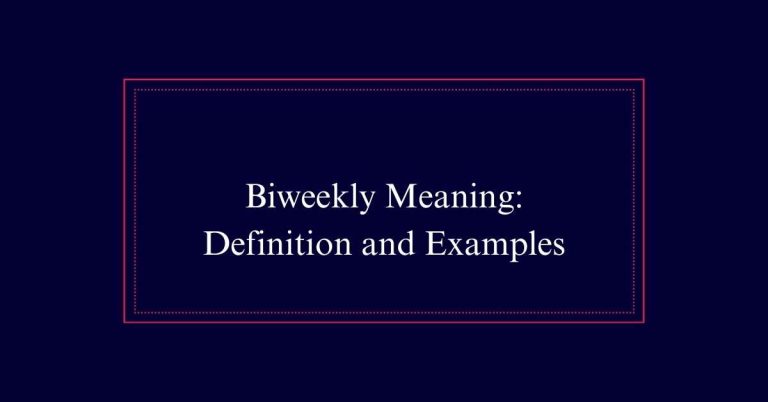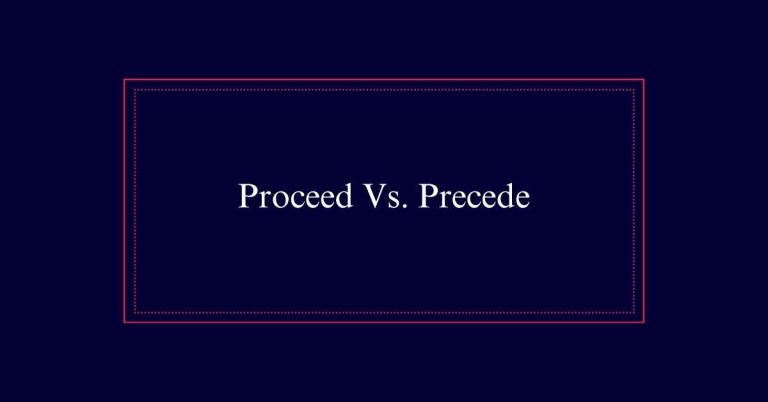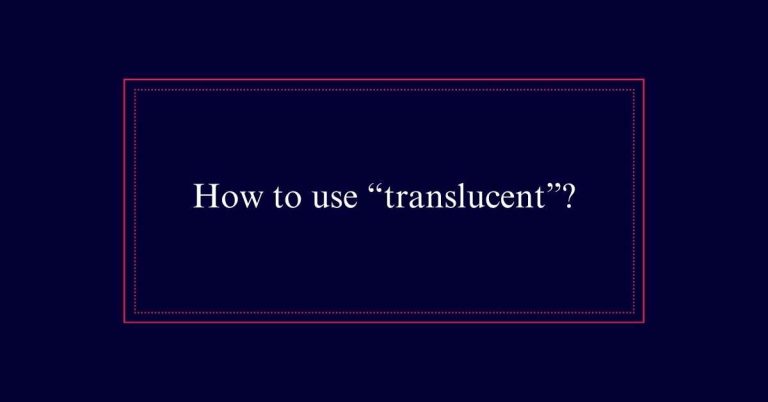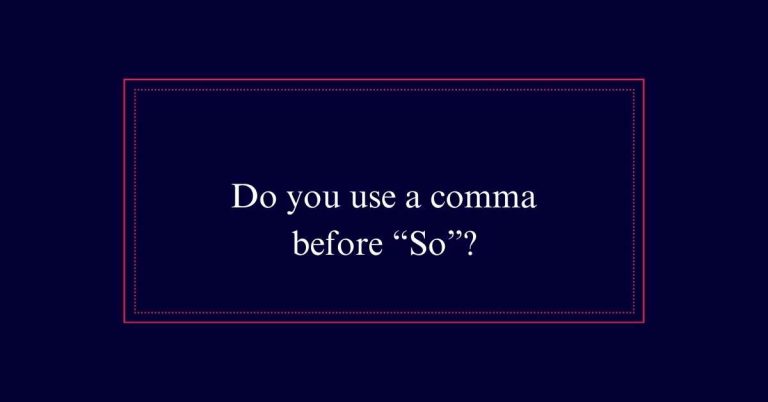What Is Irony in Writing?
Irony in writing is a technique where the outcome contrasts with expectations. There are three main types: verbal, situational, and dramatic. Verbal irony occurs when a speaker says something but means the opposite, often used for sarcasm or humor. Situational irony involves unexpected outcomes that defy characters’ or readers’ anticipations, adding surprise or twist. Dramatic irony happens when the audience knows more than the characters, creating tension.
Understanding Verbal Irony
Understanding verbal irony begins with recognizing the difference between what is said and what is meant. This form of irony relies on the speaker’s intention to convey a meaning opposite to the literal words.
It includes techniques like sarcasm, overstatement, understatement, and intentional misrepresentation. Verbal irony can serve various purposes in storytelling beyond humor, such as highlighting a character’s attitude or creating tension.
Examples of Verbal Irony
To illustrate the concept of verbal irony, let’s explore some notable examples from literature and film. Verbal irony involves saying something different from what is meant.
Here are a few instances:
- Star Wars: Han Solo responds to Princess Leia’s ‘I love you’ with ‘I know,’ indicating his confidence and downplaying the moment.
- Shakespeare’s Hamlet: Hamlet describes Polonius as a ‘fishmonger,’ mocking his sycophantic nature.
- Jane Austen’s Pride and Prejudice: Mr. Bennet sarcastically calls his wife ‘a woman of mean understanding,’ highlighting her foolishness.
- The Office: Jim Halpert often tells Dwight Schrute he is an ‘indispensable member of the team,’ while implying the opposite.
Effects of Verbal Irony
Additionally, at its core, verbal irony can enhance storytelling by adding depth and complexity to dialogue and character interactions.
This technique allows writers to convey hidden meanings, create contrast, and reveal layers of character motivations. By saying one thing and meaning another, characters can express sarcasm, humor, or criticism without being direct.
This not only entertains but also engages the reader, prompting them to read between the lines. Verbal irony can also build tension and foreshadow future events, making the plot more intriguing. Furthermore, it can highlight a character’s wit or cynicism, providing insight into their personality.
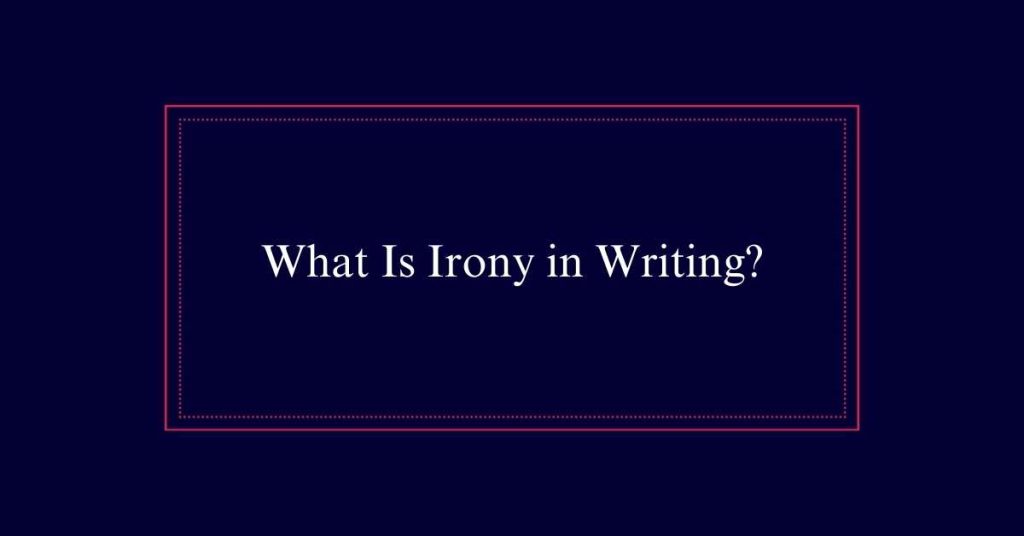
Exploring Situational Irony
Situational irony captivates readers by delivering outcomes sharply different from their expectations. This type of irony can create powerful moments in storytelling by subverting what the audience anticipates. It involves scenarios where the actual result contrasts starkly with what was predicted.
In situational irony:
- Unexpected Twists – The plot takes a surprising turn, challenging the audience’s foresight.
- Contradictory Outcomes – Events unfold in ways that contradict the characters’ or audience’s expectations.
- Surprising Revelations – Hidden truths emerge, altering the story’s direction.
- Ironic Fate – Characters experience outcomes opposite to their intentions or actions.
Famous Situational Irony
Countless classic works of literature feature situational irony that captivates and surprises readers. Situational irony occurs when events turn out differently than expected, adding depth and tension to stories. For instance, in “Romeo and Juliet,” the lovers’ efforts to be together result in their tragic deaths. Similarly, in “Oedipus Rex,” Oedipus’s attempt to avoid his fate leads him directly to it. These unexpected outcomes challenge readers’ expectations and enrich the narrative.
| Work | Situation | Outcome |
|---|---|---|
| Romeo and Juliet | Lovers plan to unite | Both die |
| Oedipus Rex | Oedipus flees fate | Fulfills his prophecy |
| The Gift of the Magi | Couple sacrifices for gifts | Gifts become impractical |
| Animal Farm | Animals seek equality | End up with tyranny |
Impact of Situational Irony
How does situational irony shape the reader’s experience and deepen the narrative?
Situational irony is a powerful tool for writers. It subverts expectations, creating a richer and more engaging story. By presenting outcomes that differ from what is anticipated, it keeps readers intrigued and invested.
Here are four ways situational irony impacts storytelling:
- Surprise: Unexpected twists grab the reader’s attention.
- Tension: Conflicting outcomes create suspense and interest.
- Character Development: Reactions to ironic events reveal deeper character traits.
- Theme Enhancement: Irony underscores themes, making them more impactful.
Defining Dramatic Irony
Dramatic irony occurs when the audience knows crucial information that the characters do not. This type of irony creates a unique bond between the audience and the narrative. It builds tension, as viewers or readers anticipate the characters’ reactions to the eventual reveal.
The contrast between the audience’s awareness and the characters’ ignorance heightens emotional engagement. For example, in Shakespeare’s *Romeo and Juliet*, the audience is aware of Juliet’s fake death, while Romeo believes she is truly dead. This knowledge makes Romeo’s actions more tragic and poignant.
Dramatic Irony in Literature
Throughout literature, dramatic irony has been a powerful tool to enhance storytelling and deepen readers’ emotional experiences. This technique occurs when the audience knows something the characters do not. It creates tension and engagement by allowing readers to foresee impending events.
Here are some key effects of dramatic irony in literature:
- Suspense: Readers anticipate how characters will react when they discover the truth.
- Emotional Impact: It heightens the emotional stakes, making outcomes more poignant.
- Character Development: Observing characters’ ignorance or naivety can reveal their traits.
- Thematic Depth: It underscores themes by contrasting knowledge and ignorance.
Other Irony Types
In addition to verbal and situational irony, other types like tragic and cosmic irony add layers of complexity to storytelling.
Tragic irony heightens the dramatic tension by leading characters toward inevitable, often disastrous outcomes. For instance, in ‘Romeo and Juliet,’ the audience knows the lovers’ fate, but the characters remain unaware until the end.
Cosmic irony, on the other hand, suggests that fate or the universe conspires against the characters. This can be seen in ‘Jurassic Park,’ where a paleontologist faces prehistoric dangers despite his life’s work.
Role of Sincerity in Writing
Sincerity in writing fosters genuine connections between the author and the reader. It provides a revitalizing break from irony by offering straightforward communication. When sincerity is used effectively, it enhances the clarity and authenticity of the narrative.
Here are four ways sincerity plays a vital role in writing:
- Emotional Connection: Readers feel the author’s true emotions, leading to a deeper engagement.
- Clarity: Direct communication avoids misunderstandings and confusion.
- Authenticity: Genuine expression builds trust and credibility with the audience.
- Balance: Combining sincerity with irony can create a richer, more nuanced narrative.
Frequently Asked Questions
How Does Irony Differ From Sarcasm?
Irony and sarcasm both involve saying the opposite of what is meant. However, irony is broader and can include various forms, while sarcasm is specifically a sharp, often mocking remark intended to hurt or criticize.
Can Irony Be Effectively Used in Non-Fiction Writing?
Irony can be effectively used in non-fiction writing to highlight contradictions, emphasize points, or engage readers. It adds depth and complexity, making the narrative more compelling while encouraging readers to think critically about the subject.
How Can a Writer Balance Irony and Sincerity?
To balance irony and sincerity, a writer should carefully mix ironic elements with moments of genuine emotion. This blend guarantees the narrative remains engaging while also providing clarity and fostering a strong emotional connection with the reader.
